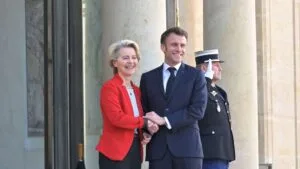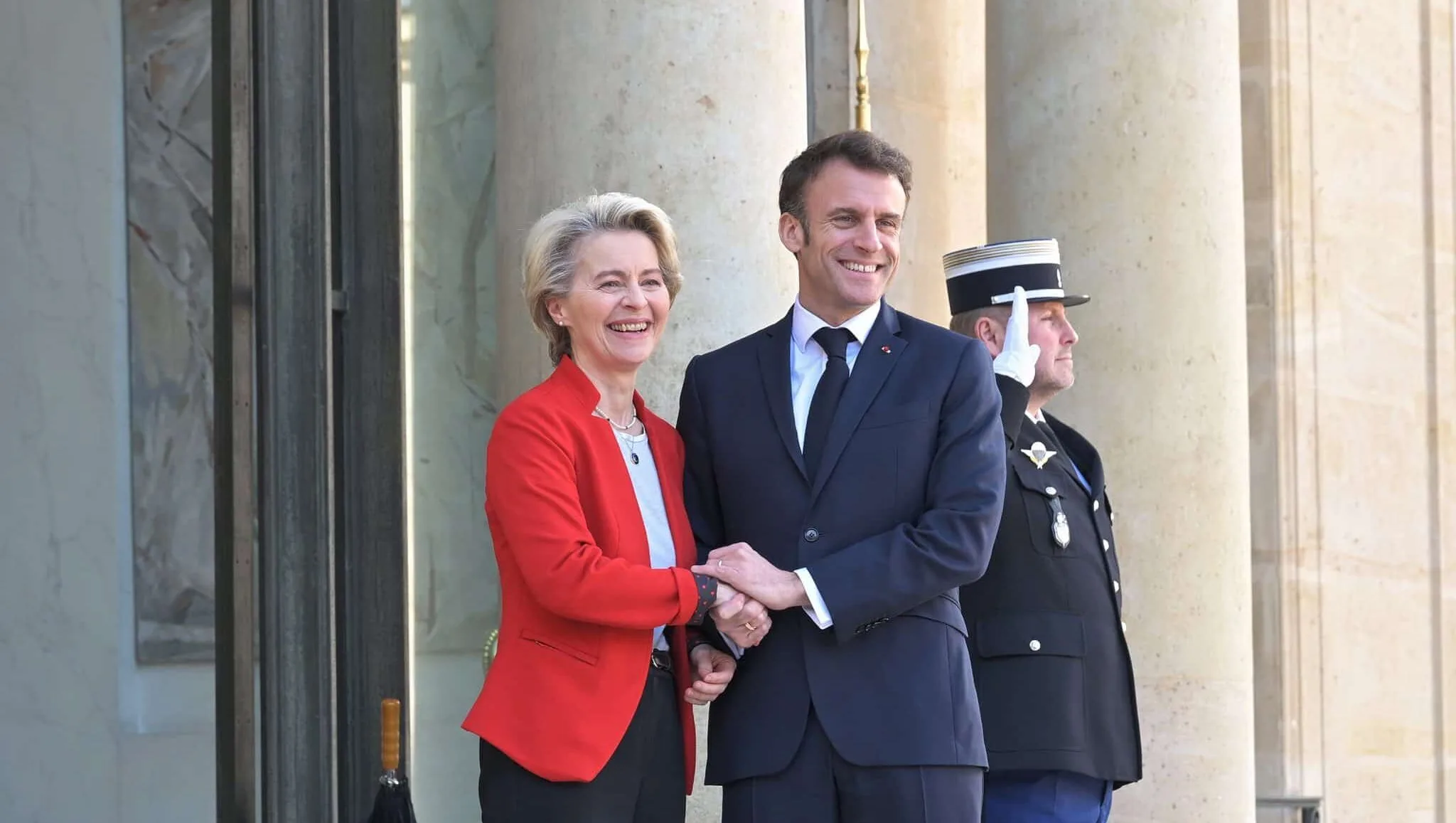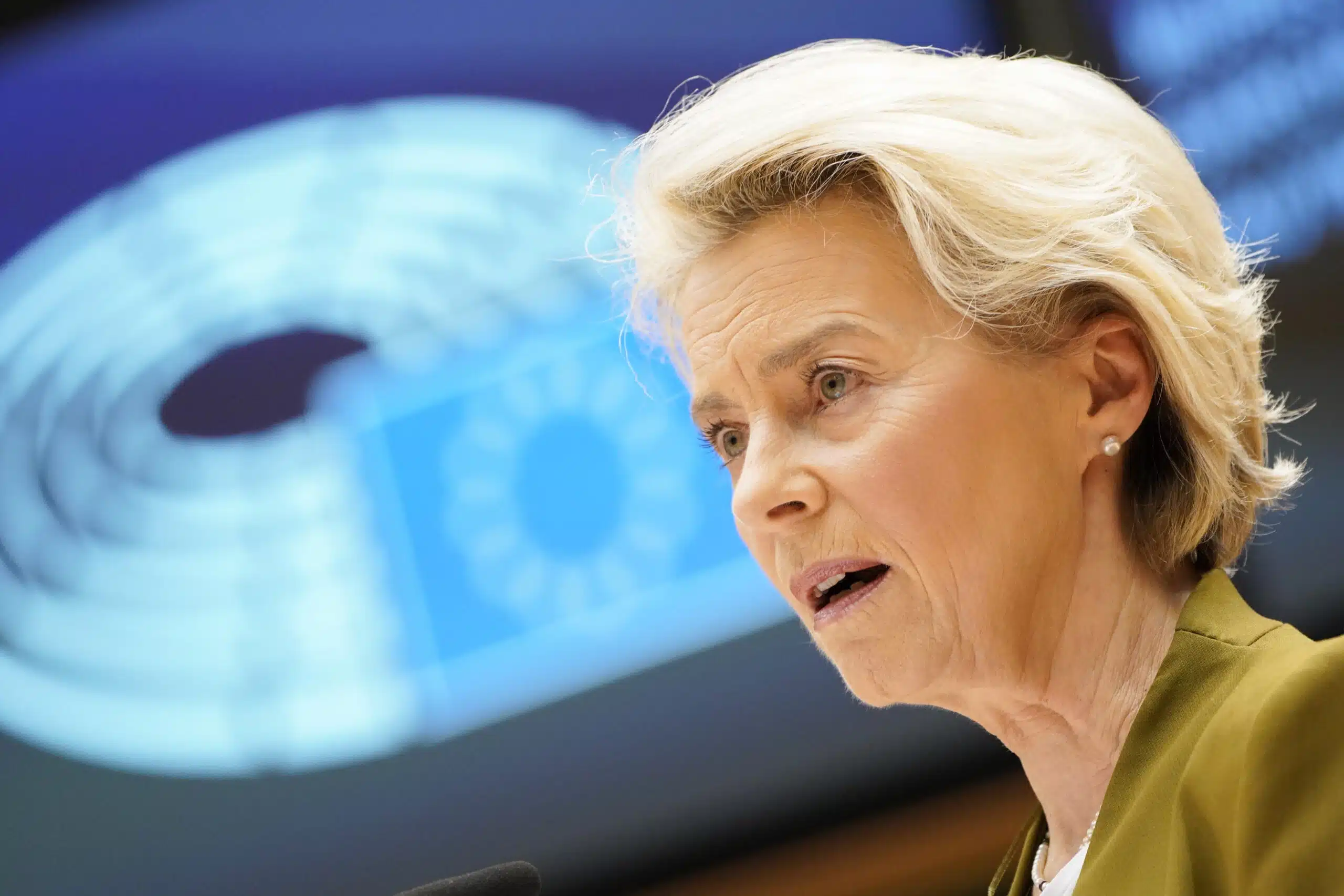Brussels – The European Commission will propose tomorrow to extend for another year the suspension of import duties, quota and trade defence measures on Ukrainian and Moldovan exports to the European Union, the so-called Autonomous Trade Measures (ATM). Eunews learned that this is the intention of the commission, which has put the item on the agenda at the college meeting to be held tomorrow in Brussels.
Commission sources explain that the extension, if approved by the college, will be accompanied by strengthened “safeguards for sensitive EU sectors,” such as agriculture, which has been most affected by the tariff halt. The autonomous trade measures for Ukraine and Moldova were triggered in recent months amid Russia’s war in Ukraine, resulting in a significant increase in imports of certain agricultural products from Ukraine to the EU in 2022 and 2023, and provoking the reaction of border countries, in particular Poland, Hungary, Bulgaria, Slovakia, and Romania, which for months have complained about logistical bottlenecks and excessive accumulations of wheat and other grains in their agricultural markets, contributing to the devaluation of their prices as well.
The countries in question have taken unilateral measures to block exports from Kyiv, in turn violating the principle of free movement of goods and risking fragmenting the European single market on several occasions. In these provisions, Brussels has therefore provided for an accelerated safeguard mechanism to protect the Union market “if necessary” from excessive exports, for example by placing exceptions to certain crops. A similar but strengthened mechanism should be included in tomorrow’s proposal.
The timing of the proposal is not the best, and it will come amid real uprisings by farmers and trade associations who are occupying roads in various parts of the EU and demonstrating against the increase in the price of fuel for tractors and overly stringent EU policies.
Despite the safeguards, the measures risk inflaming tempers further. Berlin, Warsaw, then Rome and Paris again. Farmers are taking their demands to Europe’s major capitals and on Thursday will also meet in Brussels, where heads of state and government will also meet in an extraordinary EU summit to break the deadlock on the long-term EU budget (2021-2027). The issue of farmers’ protests, albeit across the board, will enter the Brussels palaces, with a discussion on the sidelines of the European Council proceedings between the leaders concerned and the commission. Depending on how the discussions among the leaders go, as Eunews learns, the Belgian presidency at the helm of the EU could convene an extraordinary EU Agriculture Council (Agrifish) after the summit to discuss the issue.

France is among the countries where protests are loudest and French President Emmanuel Macron will hold talks with European Commission President Ursula von der Leyen on Thursday. This was reported in recent days by the Elysée Palace, pointing out that the talks will take place on the sidelines of the extraordinary summit and will focus in particular on the trade agreement being negotiated between the EU and Mercosur, on set-aside lands imposed on farmers and on the arrival of Ukrainian products in the Union.
Stalemate on Mercosur
Although the talks have not yet taken place, French pressure to block the trade agreement with the Mercosur bloc has had some effect. “I can tell you that at present the commission assesses that the conditions for concluding negotiations with Mercosur are not there,” European Commission spokesman Eric Mamer, said at the daily press briefing, adding that the European Union continues to pursue the goal of “reaching an agreement that respects sustainability goals and our sensitivities” and that there is no intention to “renegotiate the part on agriculture,” on which talks have been closed for some time.
The EU-Mercosur agreement was concluded by the EU Executive and the four countries of the Mercosur trading bloc (Argentina, Brazil, Uruguay and Paraguay) on June 28, 2019, after two decades of negotiations and aims to reduce tariffs on exports in both markets through tariff liberalization. It is since then, however, that the ratification process has come to an abrupt halt, for several reasons. Meanwhile, the interlude of Jair Bolsonaro at the helm of Brazil from 2019 to 2023, who has imposed a more conservative environmental policy and has opposed new, more climate- and environment-conscious demands from Brussels. This is the second major reason that has slowed down the negotiations: Since the presentation in 2019 of the Green Deal, the Green Pact for Europe, the European Commission has been pushing to ensure sustainability clauses within the agreement. Not just external criticism, the agreement has also been accused internally, particularly by the European Green Group, of causing environmental damage and also falling negatively on human rights conditions in South America, in Brazil especially.
Macron in talks with von der Leyen will also raise the issue of the waiver of certain provisions of the Common Agricultural Policy on non-productive areas: a waiver of the requirement for states to set aside 4 per cent of areas for non-cropland that was urgently granted for 2022 and then for 2023, following the Russian invasion of Ukraine.
English version by the Translation Service of Withub






